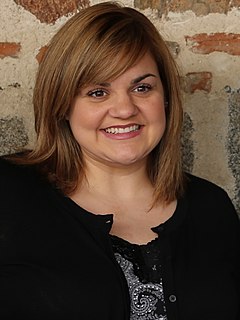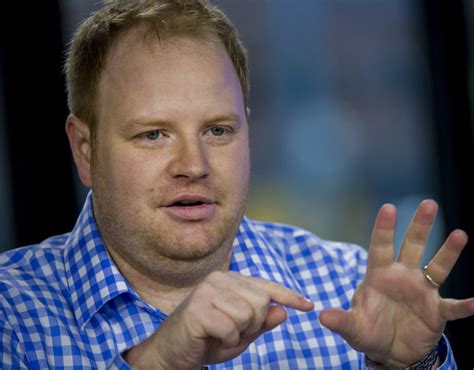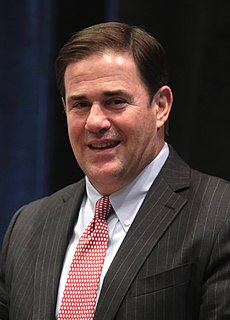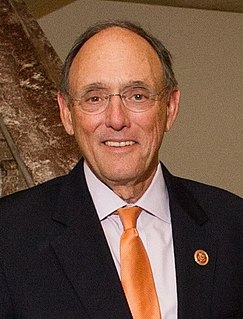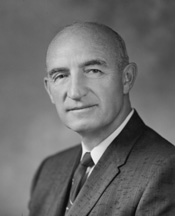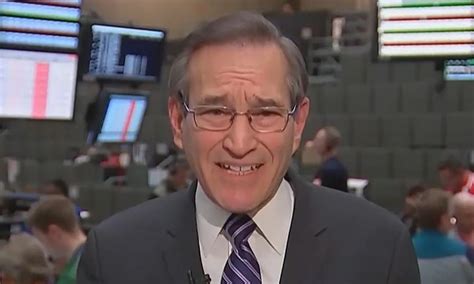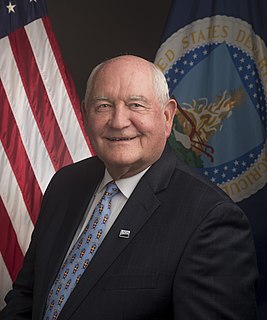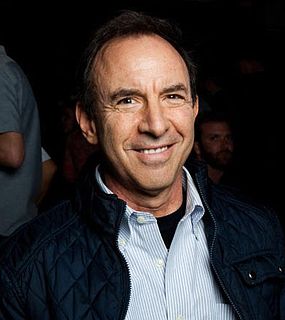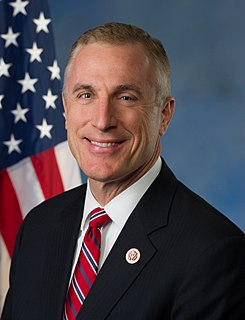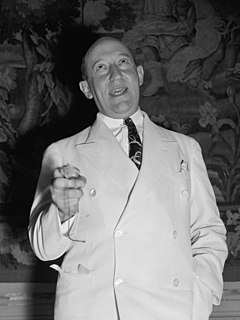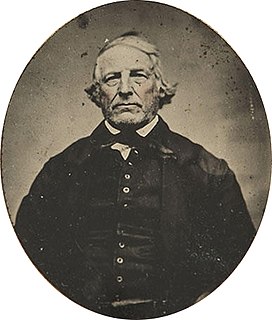Top 1200 Medical Insurance Quotes & Sayings
Explore popular Medical Insurance quotes.
Last updated on December 21, 2024.
The best tool today is longevity insurance - they call it income insurance. Most people know the value of life insurance. But what if you live? So instead of trying to guess one or the other, you plan for those 20 years and you get this income insurance. If you live beyond 85, you have money that's guaranteed for as long as you live in the form of an annuity.
One of the first things we teach medical students is to listen to the patient by taking a careful medical history. Ninety percent of the time, you can arrive at an uncannily accurate diagnosis by paying close attention, using physical examination and sophisticated lab test to confirm your hunch (and to increase the bill to the insurance company).
One of the biggest reasons for higher medical costs is that somebody else is paying those costs, whether an insurance company or the government. What is the politicians' answer? To have more costs paid by insurance companies and the government. ... [H]aving someone else pay for medical care virtually guarantees that a lot more of it will be used. Nothing would lower costs more than having each patient pay those costs. And nothing is less likely to happen.
Health insurance, which is exceedingly difficult to secure as an individual in New York. Obamacare, while certainly better than nothing, is pretty awful, and if you have a complicated health history, as I do, you need premium insurance, which means private insurance. The challenge, though, is finding a company that will give you the privilege of paying up to $1,400 a month for it. When I didn't have a job, I spent more time thinking about insurance - not just paying for it, but securing it in the first place - than I wanted to.
This program could destroy private initiative for our aged to protect themselves with insurance against the cost of illness....Presently, over 60 percent of our older citizens purchase hospital and medical insurance without Government assistance. This private effort would cease if Government benefits were given to all our older citizens.
In recent years, we have seen technology advance at lightning speed, allowing us to accomplish lifesaving feats never imagined before. It is our responsibility to ensure that these advances are used for positive medical breakthroughs, and not allowed to restrict rights or limit access to health insurance or job opportunities.
The development of a strategic plan for cancer prevention in medical schools that is supported by all stakeholders - including the medical community, government, the insurance industry, cancer advocacy groups and all those dedicated to cancer prevention - will be the key to inspiring patients to live lifestyles that will decrease cancer risk.
When you pay a hospital bill, you're really paying two hospital bills - one bill for you because you have a job and/or insurance and can pay the hospital. and another bill, which is tacked onto your bill, to cover the medical expenses of someone who doesn't have a job and/or insurance and can't pay the hospital.
Every Cuban has a house to live in, no matter how meager. That house is provided by government. Every Cuban who gets sick can go to a doctor or a hospital and get medical attention while 45 million Americans don't have medical insurance. Every Cuban can get education from the kindergarten through college and they don't have to pay. What is Castro doing that we might benefit from-if we are not too arrogant and falsely proud to see what he is doing in a small nation and what we have not been able to do or not been willing to do in the greatest nation on the earth?
We can all instinctively understand the idea of life insurance; most of us will feel an instinctive repugnance at the thought of the viatical industry, or 'dead peasants insurance.' As market thinking penetrated the life insurance industry, a moral line was crossed, and the application of market ideas was taken too far.
The problem or the fundamental flaw of Obamacare was that they put regulations on the insurance, about 12 regulations, which increased the cost of the insurance. And so President Obama wanted to help poor, working-class people, but he actually hurts them by making the insurance too expensive to want to buy. I had someone at the house just recently was doing some work, and he said: "Oh, my son doesn't have insurance, he's paying the penalty because it's too expensive."
As a physician and a U.S. senator, I have warned since the very beginning about many troubling aspects of Mr. Obama's unprecedented health-insurance mandate. Not only does he believe he can order you to buy insurance, the president also incorrectly equates health insurance coverage with medical care.
The premise of insurance is to spread the risk. It's the premise of homeowner's insurance, of car insurance, and of health insurance. It's one reason why it's important to have insurance when you're healthy, so that when you get sick, you won't go sign up just when you get sick, because that increases the cost for everyone.
Here in Silicon Valley, I have taken part in hundreds of conversations trying to convince people to dive in and become entrepreneurs. All too often, innovators with good, safe, jobs are unwilling to put their family's access to health care at risk by walking away from company-backed medical insurance.




